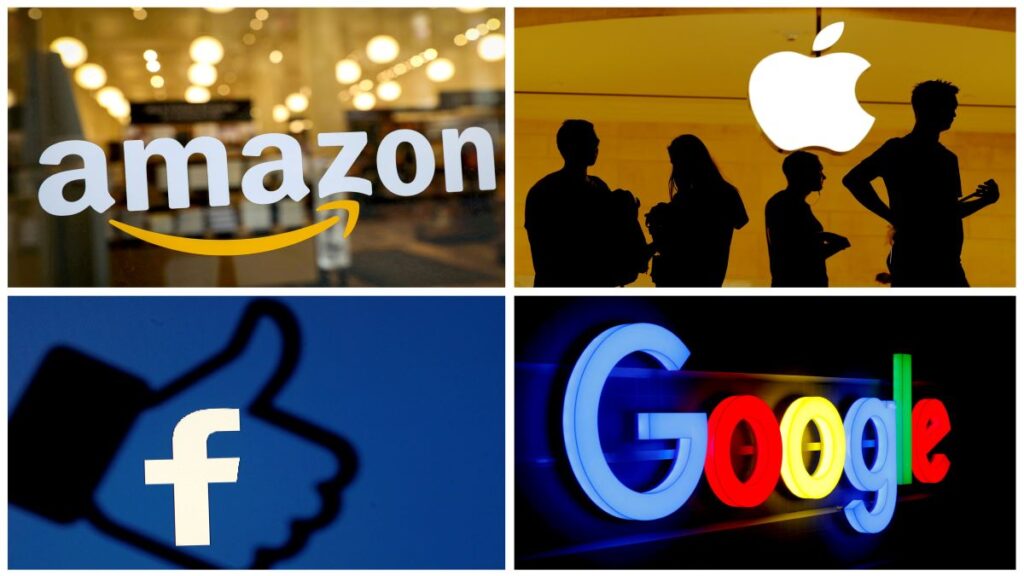
Supporters of a U.S. bill aimed at reining in Big Tech platforms like Amazon.com and Alphabet’s Google have flooded lawmakers with nearly 4,000 phone calls, while critics of the legislation sent a letter telling senators it would “harm consumers.”
Versions of the bill have progressed further than any previous Big Tech antitrust legislation, with strong bipartisan support in the House of Representatives and Senate. The legislation seeks to bar companies from favoring their own businesses in search results and other ways.
Both Senator Amy Klobuchar and Representative David Cicilline, lead sponsors in each chamber, have predicted that their bills have enough support to pass Congress, if they come to a vote.
But the Senate has other matters on the calendar. Negotiators are close to a deal on gun control, and Senate Majority Leader Chuck Schumer has promised quick action on any bipartisan deal. That likely would take up much of this week’s Senate floor action once the bill is introduced.
To keep the pressure on, advocates for the Big Tech bill organized for small and medium-sized businesses and others to contact lawmakers via email – which 26,000 of them did, according to Evan Greer of the group Fight for the Future.
Fight for the Future and other advocacy groups also arranged for supporters to make 3,900 calls to lawmakers, Greer said.
Opponents have also kept up the pressure.
A long list of former antitrust enforcers who now teach economics, law, or business, sent a letter to senators Monday saying that the bill “is likely to reduce innovation and harm consumers.”
Signatories include Doug Melamed and Carl Shapiro, both of whom previously served in the Department of Justice’s antitrust division.
Since the beginning, the bills have been the subject of intense lobbying, with opponents warning of dire consequences such as an inability to protect consumers from hackers and privacy violations. Advocates say the legislation is needed to prevent stagnation in the technology market.
WASHINGTON (Reuters)